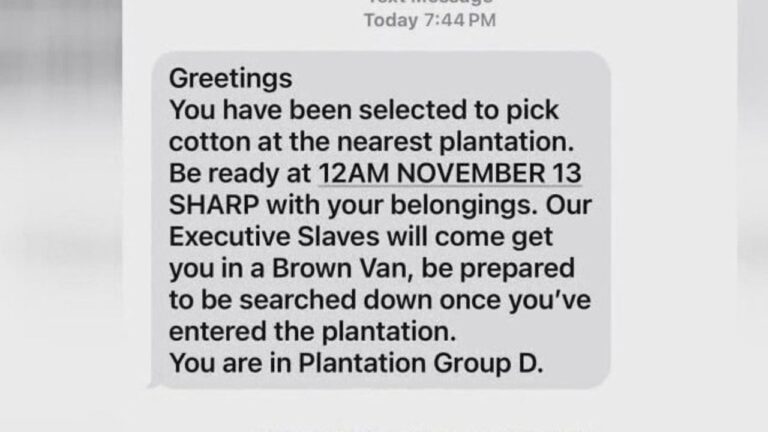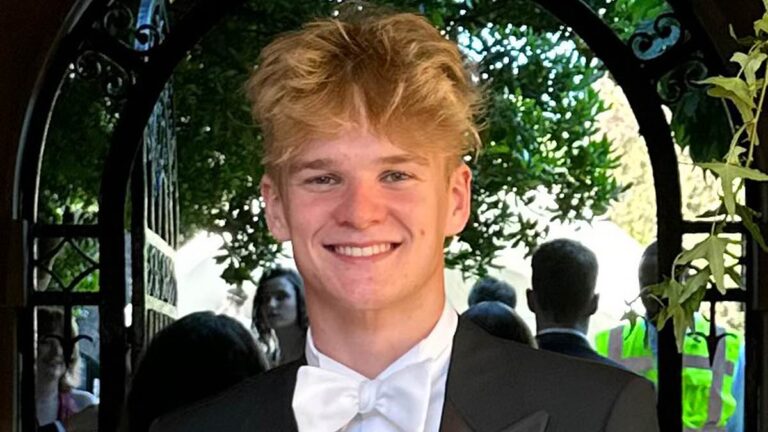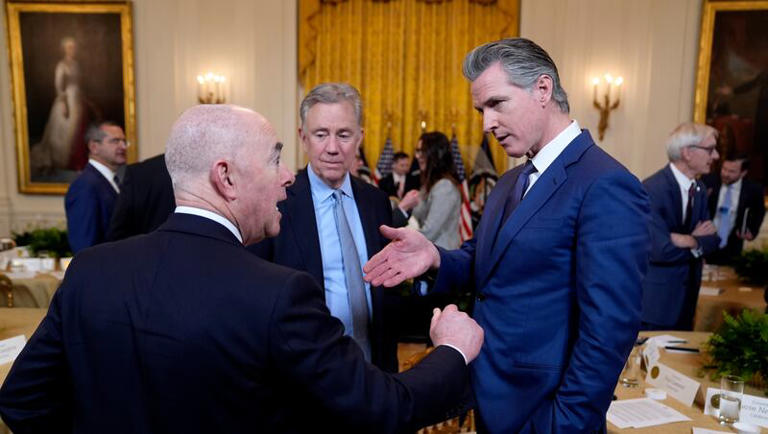Vinícius Júnior Addresses Racism in Open Letter for Change
Vinícius Júnior Speaks Out Against Racism
Racism isn’t just a word you hear in passing; it’s a persistent issue that affects lives, communities, and even the beautiful game we all love—football (or soccer, depending on where you’re from!). Recently, Brazilian football sensation Vinícius Júnior has taken a strong stand against this ugly reality. Through an open letter, the 23-year-old Real Madrid forward not only addressed the ongoing racism he faces but also highlighted the urgent need for change. Let’s break down his heartfelt plea and explore the impact it could have on the sport, society, and how we can all contribute to a more inclusive world.
The Journey of Vinícius Júnior
Before diving deeper into Vinícius’s open letter, it’s crucial to understand his journey. Vinícius Júnior burst onto the scene as a prodigious talent, dazzling fans with his skill, speed, and flair. He joined Real Madrid in 2018 for a hefty price tag, and since then, he has worked relentlessly to carve out a spot in the world of elite football. However, his journey hasn’t been all about goals and celebrations.
Imagine showcasing your talents on one of the biggest stages of all—only to be faced with hateful slurs and taunts because of your skin color. Vinícius has experienced this firsthand, facing racist abuse during matches and on social media. It’s a narrative too familiar for many athletes of color, but that doesn’t make it any less appalling.
The Open Letter: A Call to Action
Vinícius’s open letter was not just a recounting of his experiences; it was a clarion call for change. He expressed his deep frustration and sadness regarding the persistent racism not only directed at him but also at other players, fans, and individuals worldwide. What makes it worse is that this isn’t just about a few bad apples; it’s a systemic issue that needs addressing!
Key Messages from the Letter
In his letter, Vinícius emphasized a few key points:
-
The Role of Institutions: He urged football’s governing bodies, clubs, and players to come together and take a stand. It’s not enough to just condemn racism; action is needed.
-
Support for Victims: Vinícius reminded us that victims of racism often suffer in silence. They need our support, and it’s our responsibility as fans, peers, and society to stand alongside them.
-
Education and Awareness: Education can change hearts and minds. Vinícius advocated for educational programs that tackle racism from a grassroots level, ensuring that future generations are equipped to reject hatred and embrace diversity.
-
The Power of Unity: The letter stressed the importance of coming together as a united front—players, fans, and clubs alike. This fight against racism is everyone’s struggle.
-
A Call for Persistent Change: Finally, he made it clear that this isn’t just a fleeting issue. It’s a continuous battle that requires persistent efforts and vigilance.
The Ripple Effect of Racism in Sports
Now, you might wonder, how does racism in sports affect the bigger picture? The impact stretches far beyond the pitch. When players like Vinícius face discrimination, it sends a message to their millions of fans—especially young children—that it’s okay to treat others differently based on their ethnicity. That’s a serious problem!
Emotional and Psychological Toll
Imagine the mental strain: every time a player steps onto the field, they must deal with the anxiety of facing racial abuse. This can lead to:
- Lowered Self-Esteem: Constant negativity can chip away at a player’s confidence.
- Performance Pressure: Players might feel additional pressure to perform perfectly to distract from the hate.
- Withdrawal from the Game: Some might even decide to step away from the sport they love, leading to a loss of talent in the industry.
The Broader Societal Impact
The messages shared in sports resonate! Young fans look up to their favorite players. When they witness unequal treatment, it influences their own views on race and inclusion.
- Normalizing Racism: If society sees that racism is tolerated, more people might adopt discriminatory viewpoints.
- Creating Division: Instead of bringing people together, racism can foster division, impacting friendships and community ties.
Let’s Talk Solutions
So, what can we all do? The good news is there’s plenty we can contribute to fight against racism.
Grassroots Movements
Grassroots organizations play a pivotal role in combating racism on a community level:
- Educational Programs: Implementing workshops in schools that address racism and promote diversity can influence young minds.
- Support Local Initiatives: Amplifying voices from within our communities can create a ripple effect of awareness.
Engaging Players and Fans
Both players and fans hold immense power. Here are some actionable steps:
- Workshops and Training: Clubs can organize regular workshops, not just for players but for staff and supporters to educate them about the consequences of racism.
- Stand Together: Players should take collective action by uniting against racism, whether through protests, social media campaigns, or simply showing support for one another.
National and Global Initiatives
On a larger scale, football’s governing bodies need to step up—this should be a non-negotiable part of sporting culture.
- Zero Tolerance Policies: Establish strict repercussions for racist behavior, both in stadiums and online.
- Global Campaigns: Initiating worldwide campaigns that emphasize anti-racism messages during key matches can raise awareness significantly—Remember the “Kick It Out” and “No Room for Racism” campaigns?
The Role of Social Media
In today’s digital age, social media can be a double-edged sword. On one hand, it amplifies racist messages, but on the other, it can unite voices against hatred. Encouraging hashtags like #ShutItDown or #EndRacism can create a wave of solidarity and resistance against racism, allowing people from across the globe to join the fight.
Education is Key
Education is our most powerful weapon against ignorance. Teaching children about diversity not only fosters empathy but encourages them to celebrate differences. Consider the impact of peer-led discussions and intercultural exchange programs to raise awareness right from a young age.
Conclusion
In his open letter addressing racism, Vinícius Júnior has ignited a much-needed conversation in football and beyond. His bravery in confronting such a widespread issue serves as a potent reminder of how important it is for us all—players, fans, and everyone in between—to rally together and say “enough is enough.”
Let’s take this opportunity to reflect on our values and strive for a world that’s more inclusive—because every single one of us deserves to feel safe, respected, and valued, regardless of race or background.
So, what’s your next move in this battle against racism? Are you ready to raise your voice and take a stand?
FAQs
1. What sparked Vinícius Júnior’s open letter on racism?
Vinícius Júnior’s letter was sparked by his own experiences with racism during matches and the ongoing issue of racism in football and society.
2. How can fans support efforts against racism in sports?
Fans can support anti-racism efforts by participating in campaigns, calling out racist behavior, and promoting inclusivity in their communities.
3. What are some effective anti-racism initiatives in football?
Effective initiatives include educational programs, zero-tolerance policies from governing bodies, and campaigns like “Kick It Out” that raise awareness.
4. Why is education important in combating racism?
Education fosters understanding and empathy, helping to break down stereotypes and prejudices before they take root in young minds.
5. How can players and clubs work together to fight racism?
Players and clubs can collaborate through workshops, joint campaigns, and unified actions during matches to send a strong anti-racist message.







